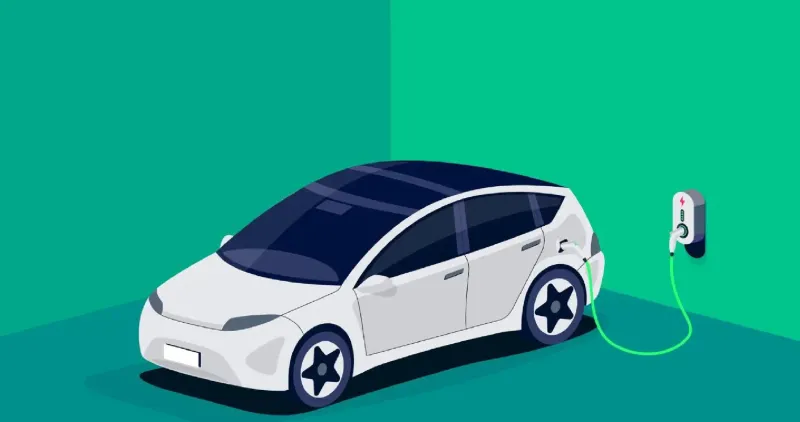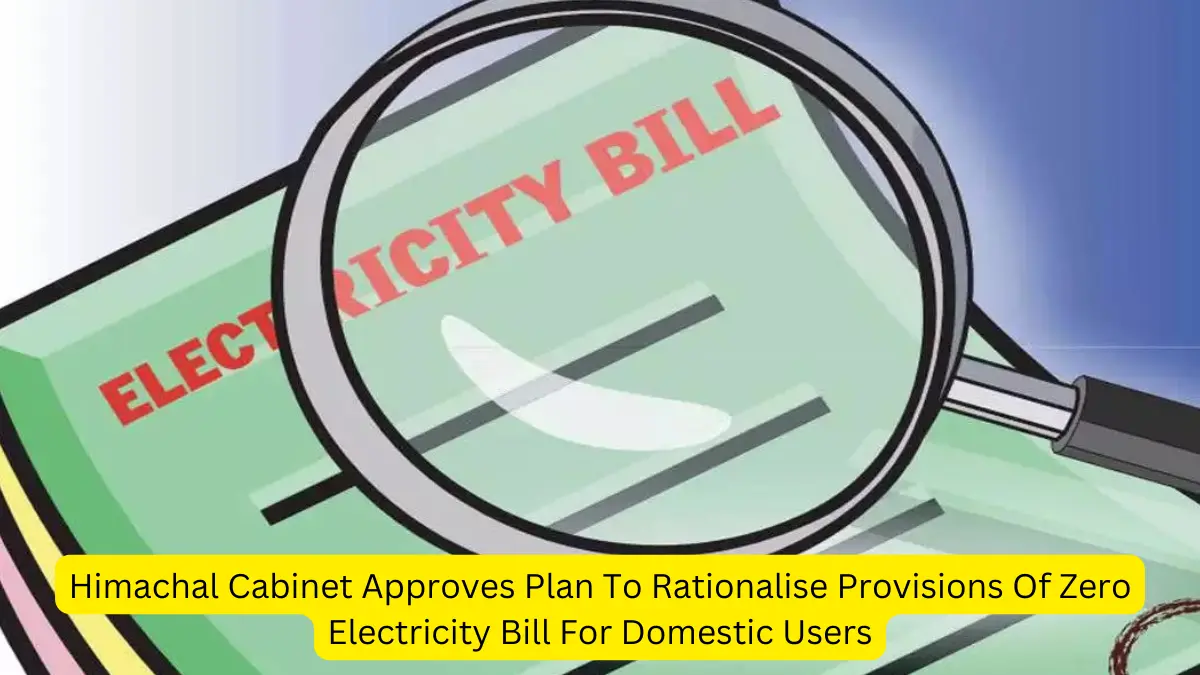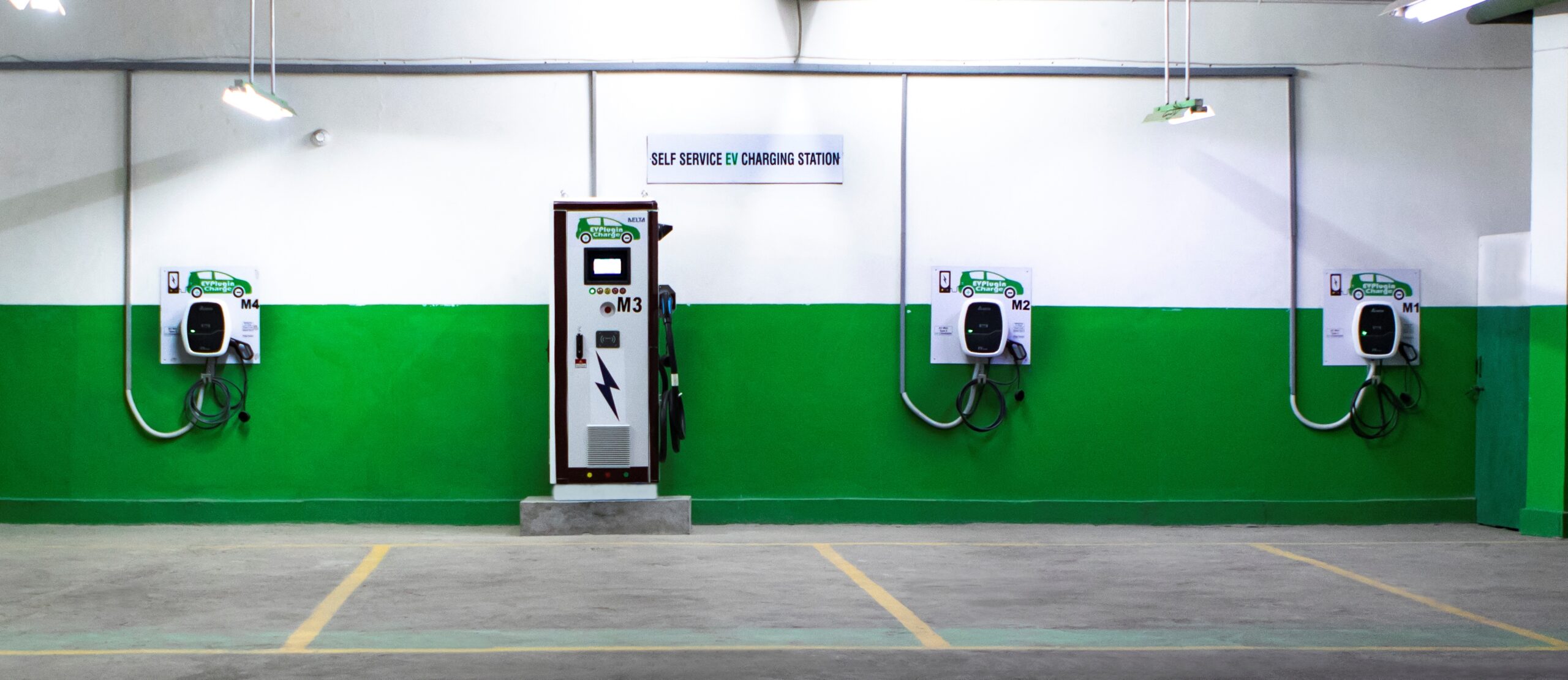The Bureau of Indian Standards (BIS) has rolled out two new standards to bolster the safety and quality benchmarks for electric vehicles (EVs) across different categories in India.
New Standards Overview
Named IS 18590: 2024 and IS 18606: 2024, these standards specifically cater to the L, M, and N categories of electric vehicles. The L category pertains to two-wheelers, while the M and N categories encompass four-wheelers and goods trucks respectively.
According to BIS officials, these standards impose rigorous safety and performance criteria on crucial components such as powertrains and batteries.“BIS has introduced IS 18590: 2024 and IS 18606: 2024 to elevate the safety standards of EVs in India. These standards focus on enhancing the safety and performance of powertrains, including components like motors, battery packs, and transmission systems. Additionally, they establish stringent benchmarks for battery durability, thermal management, and safety features,” affirmed BIS in an official statement.
Safety Enhancements and Regulatory Impact
IS 18590: 2024 mandates stringent safety protocols for EV powertrains, crucial for ensuring safe operation and maintenance. This standard addresses risks associated with powertrain components, which are essential for the reliability of electric vehicles. Conversely, IS 18606: 2024 sets forth guidelines for battery performance, emphasizing durability, thermal management, and safety. This standard aims to enhance the overall safety and reliability of EVs on Indian roads.
Context and Recent Incidents
The introduction of these standards follows a series of incidents involving EVs, including fires reported during peak temperatures in Northern India. Instances such as the Bengaluru Metropolitan Transport Corporation electric bus fire and incidents involving Ather Energy scooters have raised concerns over EV safety.
Recent government probes into these incidents underscore the need for robust safety standards in the burgeoning EV sector. Concerns have been raised regarding the use of certain components, including allegations about “cheap” laptop chips in battery management systems.
Market Adoption and Government Initiatives
Despite challenges, EVs continue to witness rapid adoption in India, particularly in the two-wheeler segment. Data from the VAHAN portal indicates a steady rise in EV sales, reaching 1.23 lakh units in May 2024.
Moreover, the Ministry of Heavy Industries has allocated INR 500 crore for the Electric Mobility Promotion Scheme 2024, aimed at further incentivizing EV adoption and addressing safety concerns through regulatory measures.
Future Outlook
As India aims to strengthen its position in the global EV market, the implementation of these new standards by BIS is expected to play a pivotal role in enhancing consumer confidence and ensuring the long-term sustainability of electric vehicles in the country.


